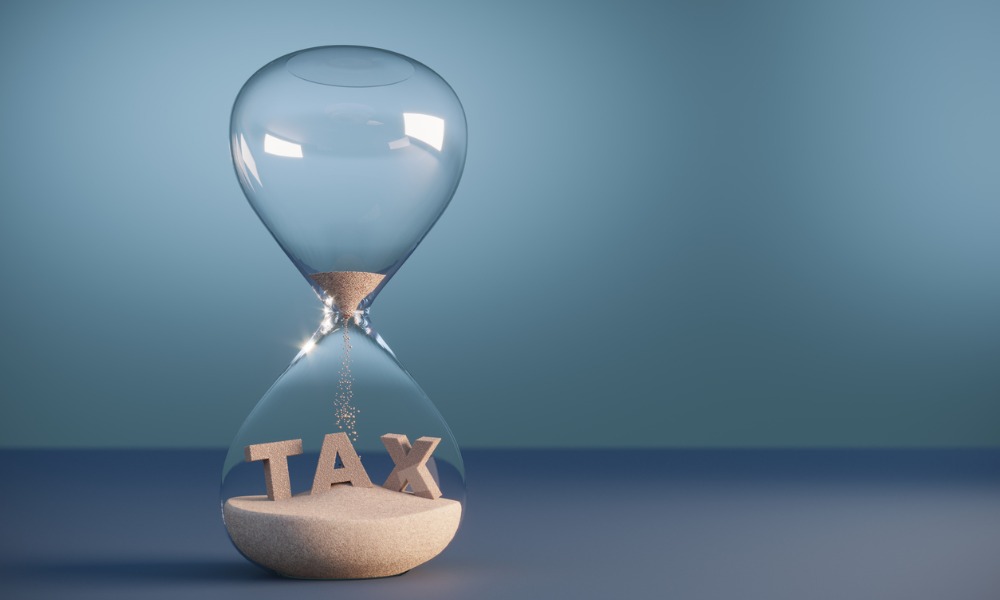New poll shows cap gains inclusion rate impacts economic outlook among Canada's top earners

Recent changes to the capital gains tax by Ottawa have notably upset Canada's wealthiest wage earners, according to ongoing polling data that monitors Canadians' financial perspectives, as reported by The Financial Post.
The Maru Household Outlook Index surveyed participants two weeks after the federal Liberals announced an unexpected increase in the inclusion rate for capital gains over $250,000.
This survey revealed a significant dip in economic and personal financial optimism among those earning over $100,000 annually.
Only 31 percent of this group now believe the national economy is moving in the right direction, a drop of nine percentage points from the previous survey.
Similarly, their economic outlook for the next 60 days has worsened, with the same percentage marking a 15-percentage point decrease from the last reading, indicating they do not see economic improvements ahead.
John Wright, executive vice-president of Maru Public Opinion, which has been conducting the poll since April 2020, noted a more pronounced downturn in this report than in previous ones.
Although Wright could not definitively link the downturn to the budget changes on April 16, he suggested the capital gains tax alteration likely influenced the results, stating, “I don’t think you can walk away from thinking that. I think it (the capital gains tax) is an ingredient.”
The survey, conducted from April 26 to 29, also highlighted that it is not only high-income earners whose economic outlook has declined. Across Canada, only one-third of all Canadians feel the economy is on the right track, down three percentage points from March.
This sentiment is echoed in British Columbia, where optimism fell from 45 percent to 33 percent, although Ontario saw a slight increase in positive outlook.
Furthermore, the overall Canadian sentiment about the economy's direction over the next two months is bleak, with only 36 percent in April, down from 39 percent in March, believing in an economic upturn.
This pessimism is particularly strong among women, the middle-aged, the elderly, and British Columbians. Alongside declining optimism, financial anxiety is increasing, with 41 percent of respondents expecting difficulties in managing expenses over the next two months.
This anxiety is acute among the oldest Canadians and the lowest income group, with significant concerns about meeting financial obligations noted across various demographics.
This collective negativity has driven Maru’s Household Outlook Index (MHOI) down to 86 from its previous position of 87 in February and March, indicating a sustained pessimistic sentiment since December 2021, with March 2023 recording a particularly low index of 83.
The survey included 1,532 Canadian adults, representing a broad cross-section of the population.



